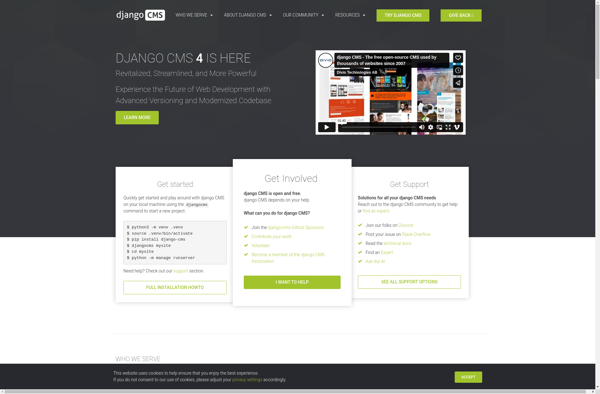LMNucleus CMS
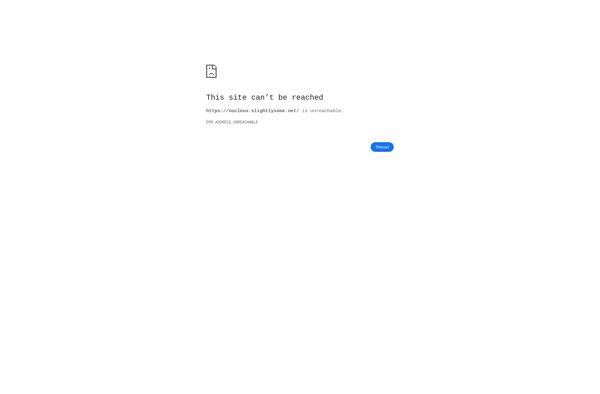
LMNucleus CMS: Open Source Content Management System
LMNucleus CMS is an open source content management system written in PHP. It allows users to easily create and manage dynamic websites and web applications without coding. It has an intuitive interface, drag-and-drop template builder, and supports custom plugins.
What is LMNucleus CMS?
LMNucleus CMS is a flexible open source content management system (CMS) written in PHP. It enables users with little or no coding experience to easily create, manage, and update professional dynamic websites and web applications.
Key features include:
- Intuitive admin interface for managing content, users, and settings
- Powerful drag-and-drop template builder for customizing site design and layouts
- Structured content with custom content types, fields, and taxonomies
- Robust access control and user roles for managing access
- SEO-friendly URLs, metadata, and sitemaps
- Extendable through plugins, widgets, and themes
- Responsive and mobile-ready themes
- Multilingual and localization support
LMNucleus is highly customizable to suit websites large and small. Its lightweight codebase and modular architecture also make it scalable. The active developer and user community behind LMNucleus CMS means new features, fixes, plugins, and themes are continuously added.
It can be used to power blogs, news sites, business websites, online stores, membership sites, and more. Overall, LMNucleus balances simplicity for beginners with advanced functionality for experienced users.
LMNucleus CMS Features
Features
- Drag-and-drop interface
- Template builder
- SEO optimization
- Multi-language support
- User management
- Media management
- Custom plugins
Pricing
- Open Source
- Free
Pros
Cons
Official Links
Reviews & Ratings
Login to ReviewThe Best LMNucleus CMS Alternatives
Top Development and Content Management Systems and other similar apps like LMNucleus CMS
Here are some alternatives to LMNucleus CMS:
Suggest an alternative ❐WordPress
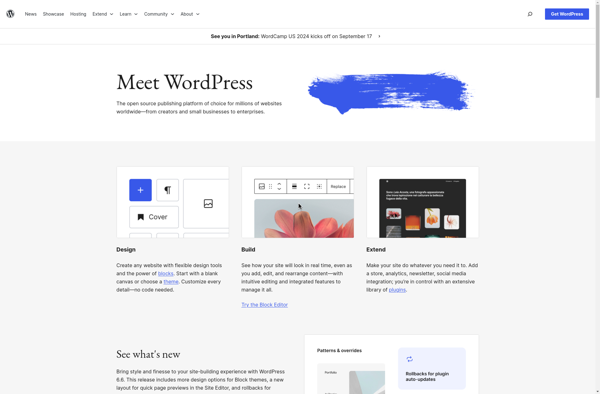
Directus
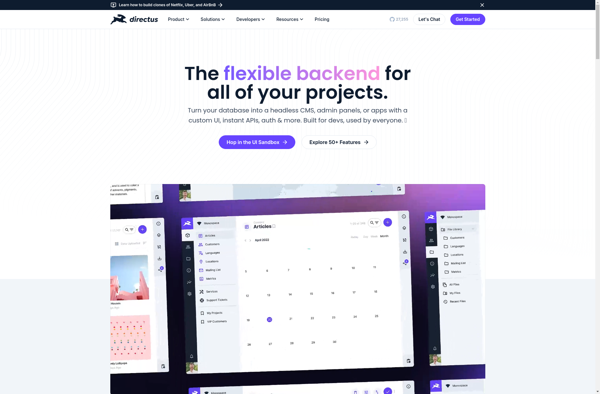
Joomla
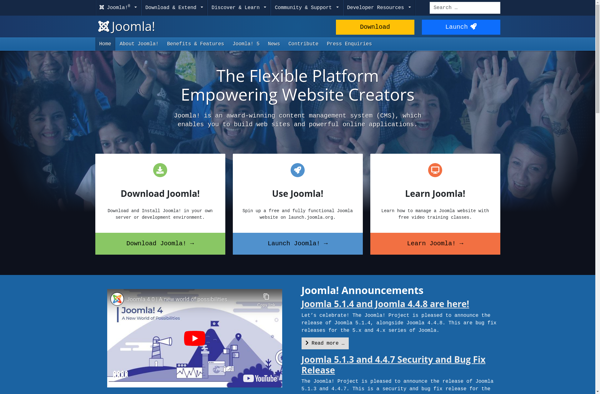
Plone
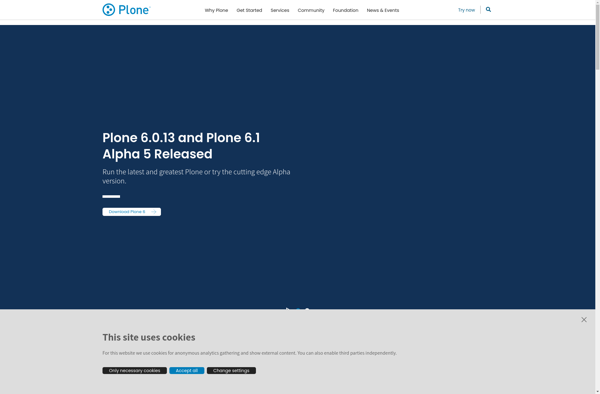
DEV Community
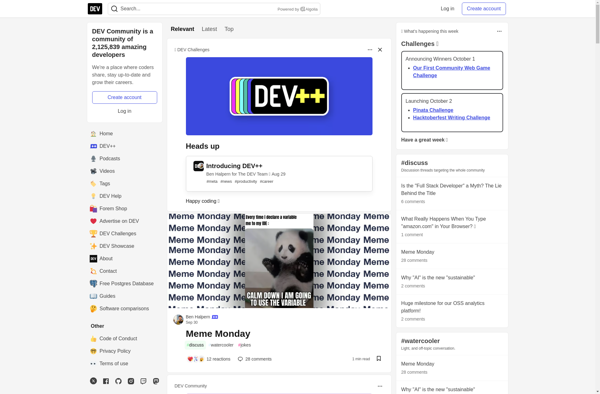
ProcessWire
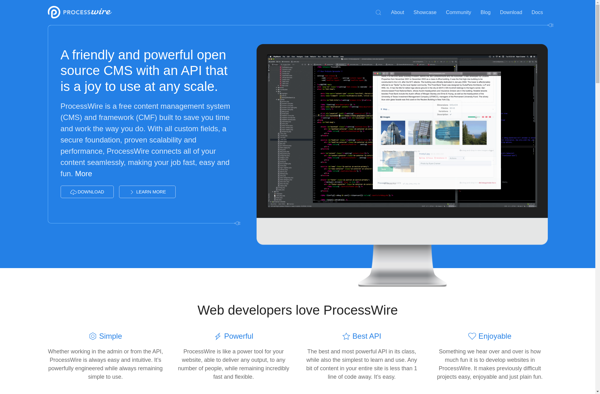
Tiki Wiki CMS Groupware
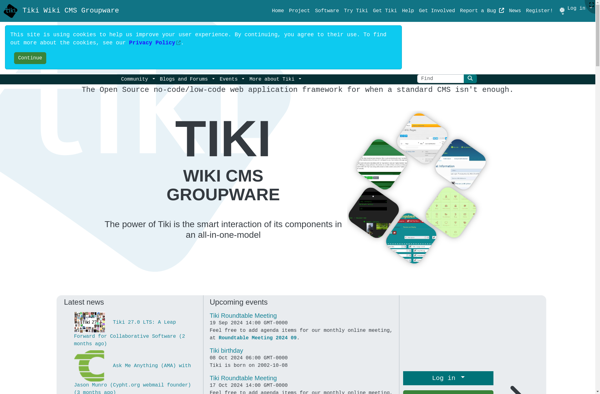
MODX
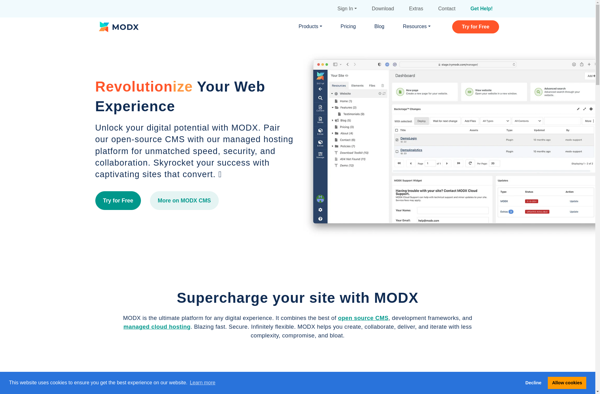
Concrete CMS
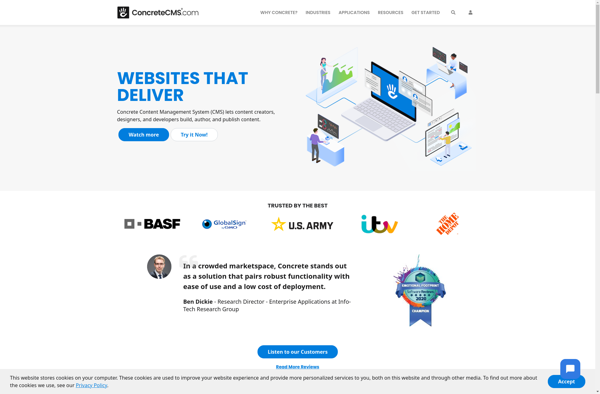
Django CMS
